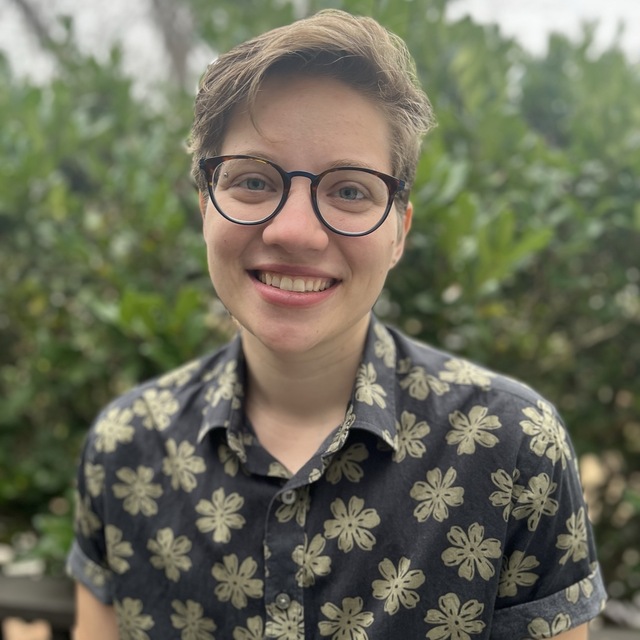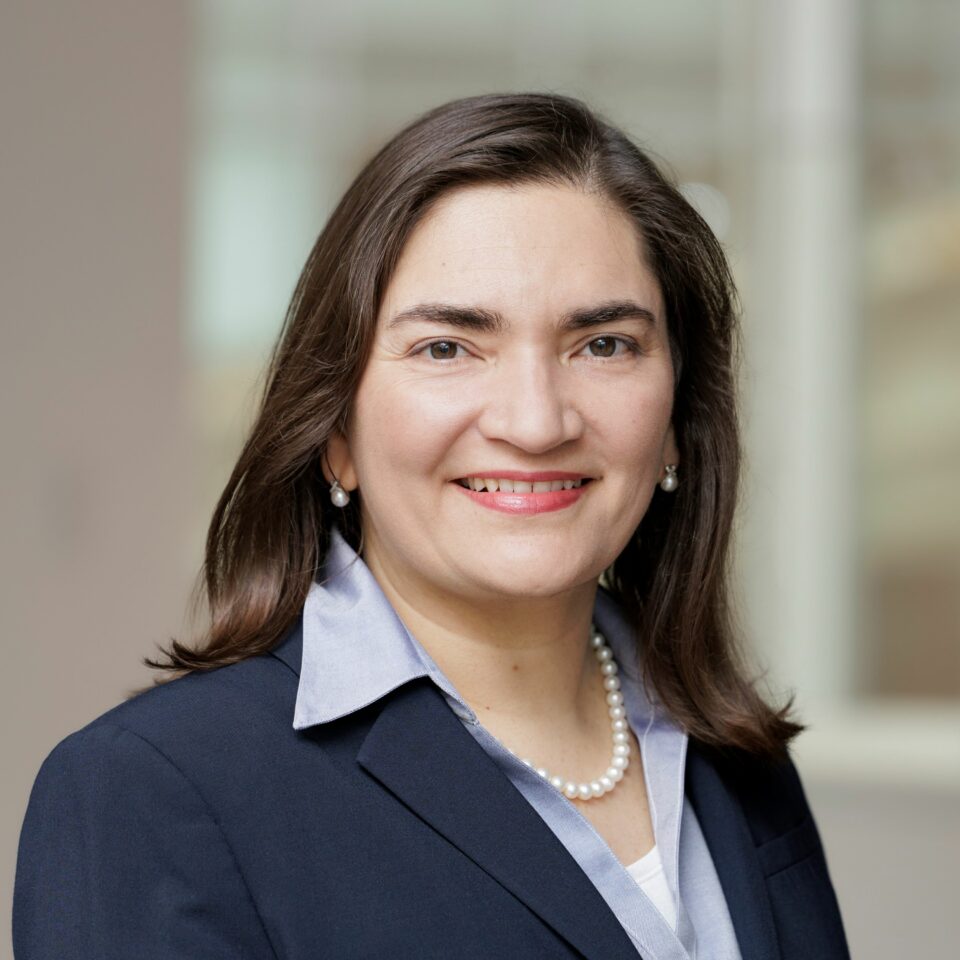HMX Pro Pharmacology
Drug Discovery: Approaches to Discovering and Designing Different Therapeutic Modalities
Learn how various therapeutic modalities are discovered.
The field of drug discovery and development is multifaceted and evolving quickly, allowing researchers to continually expand their toolkit of therapeutic modalities to treat and manage diseases.
This course provides an in-depth exploration of the discovery processes for various therapeutic modalities, including small molecules, proteins, nucleic acids, and cells. It provides insight into both standard and advanced methodologies used in the discovery, design, and preclinical development of current and novel therapeutics. This course is ideally suited for those who have completed the HMX Drug Discovery and Development course, or for professionals who are already familiar with the basics of drug development and are looking to specialize further in this field.
This advanced course offers a unique way for professionals to learn from leading Harvard Medical School faculty and experts in the field about the processes of drug discovery.
Our next course period begins September 2, 2025 – apply by Tuesday, August 26.
Course Topics
Overview of Drug Discovery
- The Promise of Drug Discovery
Discovery of Small Molecule Drugs
- In Focus: How TPP and IND Guide and Frame Drug Discovery
- Hit Identification
- Hit Validation
- Structure-Activity Relationship Studies
- Parallel Medicinal Chemistry
- Lead Optimization
- Clinical Candidate Discovery
- In Focus: Spectroscopy Methods
- Clinical Linkage: Discovery of Small Molecule Protein Degraders
Discovery of Biologics and Nucleic Acid Therapeutics
- Naturally Occurring Proteins
- Step-by-Step: Protein Purification
- Discovery of Monoclonal Antibodies
- In Focus: Phage Display
- Pharmacokinetics of Protein Therapeutics
- Creative Proteins
- Overview of Nucleic Acid Therapeutics
- Discovery of siRNA Therapeutics
- Discovery of PMO Exon Skippers
- Discovery of mRNA Therapeutics
- Clinical Linkage: Discovery of Protein and Nucleic Acid Therapeutics
Discovery of Cell Therapies
- Background
- Toolkit
- Cell Modifications
- Toxicology and Specifications Unique to Cell Therapies
- Measuring Bioactivity in a Pre-clinical Setting
- Ongoing Challenges
- Clinical Linkage: Cell Therapy Manufacturing
Wrap-up
- The Future of Drug Discovery
Download the Drug Discovery course outline
Course Instructors

Liza Wick, PhD
Research Associate in Biological Chemistry and Molecular Pharmacology, Harvard Medical School
Pharmacology Curriculum Lead, HMX

Lyn Jones, PhD
Research Associate, Harvard Medical School
Director of the Center for Protein Degradation, Dana–Farber Cancer Institute

Art Krieg, MD
Professor, RNA Therapeutics Institute, UMass Chan Medical School
Founder and former CSO, Checkmate Pharmaceuticals, Inc.

Marcela Maus, MD, PhD
Associate Professor of Medicine, Harvard Medical School
Paula O-Keeffe Endowed Chair, Massachusetts General Hospital Cancer Center
Director, Cellular Immunotherapy Program and Attending Physician, Bone Marrow Transplant and Cell Therapy Division of Hematology/Oncology, Massachusetts General Hospital

Jeffrey Way, PhD
Lecturer, Harvard Medical School
Recommended Course Bundle
Interested in accelerating your learning? Bundle Pro courses together to meet your educational needs and save on course costs. Explore bundles we recommend or reach out to learn@hms.harvard.edu to speak with a team member about your learning needs. You can select this recommended bundle on your application or choose your own.
Focus on Drug Development
- Bundle this Drug Discovery course with Pharmacology – Essentials and Clinical Drug Development – This three-course bundle is ideal for learners aiming to deepen their understanding of the drug development pipeline and contribute to developing novel therapies. Save 25% when you enroll in this two-course bundle.
More Information
Frequently asked questions
Who should take this course?
This course is designed for professionals in health care, life sciences, and related industries who want to have a better understanding of drug delivery for their work.
You should participate in this course if you are:
- A professional in a related field seeking a comprehensive understanding of the discovery processes for both current and cutting-edge therapeutic modalities.
- A health care professional or researcher looking to expand your knowledge of diverse drug modalities and their discovery processes.
- Familiar with the basics of drug discovery and eager to delve into advanced and specialized therapeutic approaches.
What do participants need to know to succeed in this course?
We recommend basic knowledge of chemistry, biology, and physics, as well as an understanding of key pharmacology concepts. If you need further background in pharmacology, we also offer an introductory course, HMX Pro Pharmacology – Essentials.
Not sure? Take this short quiz to gauge your knowledge of pharmacology concepts.
What is the time commitment?
Most people can expect to spend around 15–20 hours total, but this depends on your baseline knowledge, how carefully you take notes, and how seriously you take the assessments. New course material is released periodically, and remains available until the course period ends, so participants can work at their own pace. There is a final exam at the end of each course that can be taken any time during the final exam period.
Can participants earn certificates from Harvard Medical School?
There are two certification levels, based on participant scores:
- Certificate of Achievement
- Certificate of Completion
How much do courses cost?
September Course Prices
US$1025 for an individual course
US$1537.50 for a two-course bundle (25% discount)
US$2152.50 for a three-course bundle (30% discount)
US$2665.00 for a four-course bundle (35% discount)
US$3075.00 for a five-course bundle (40% discount)
Please note: All courses in a bundle must be completed in the same session.
Think others at your company would be interested? We offer group discounts and direct enrollment options – contact us to learn more.
